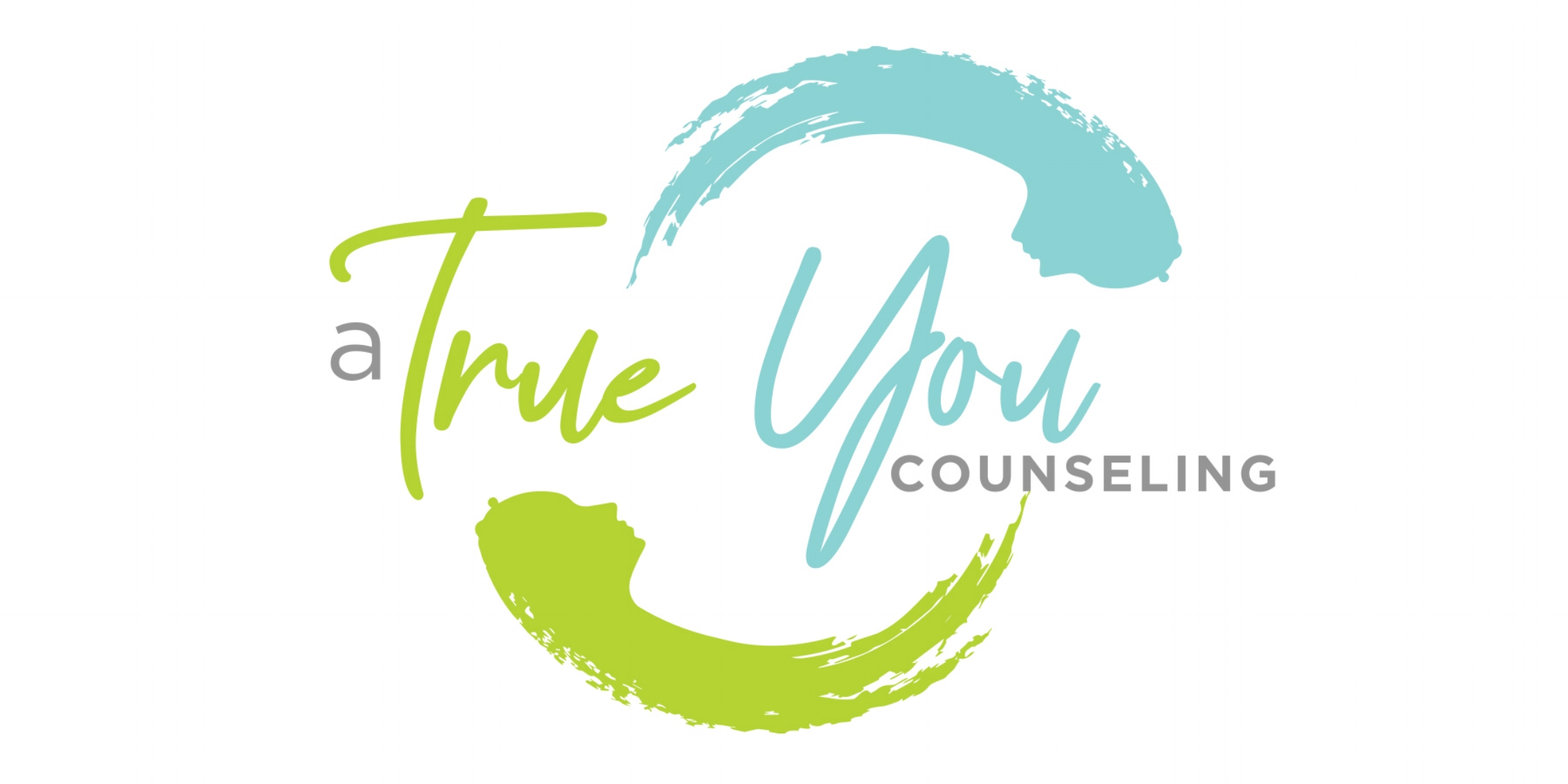Everyday Grief
There are many events in life that can bring grief—the loss of a loved one, the end of a relationship, financial problems, illness or imprisonment just to name a few. Just as there are a number of situations that cause grief, there are a myriad of ways it can manifest in your life. Loss and grief can trigger many emotions like sadness, anger, shock, disbelief. Grief can also manifest itself in physical health by disrupting sleep, making it difficult to eat (or stop eating) or even thinking straight.
Grief is a natural response to loss. Typically, people go through five stages of grief:
Denial: Period of shock and disbelief.
Anger: An intense feeling of pain where blame is placed on others for the grief.
Bargaining: Feelings of hopelessness and vulnerability where one seeks to escape the inevitable.
Depression: Where empty feelings prevail and grief deepens.
Acceptance: Readjusting to the reality of pain and a new normal.
Different people may experience the stages at different steps. They don’t necessarily happen in chronological order. Also, the timeline for how long grief lingers may differ from person to person. If you feel like you or someone you know is walking in grief longer than expected, here are some tips to help.
-Realize that certain things can trigger grief even if you have not been experiencing grief. Places, sounds, smells, a certain day or even touches can trigger grief unexpectedly. While a loved one or loss cannot return, the memories help to fill in the gap of the loss which leads to healing. In this way, grief triggers play a powerful role in the grieving process, helping you heal. They help you to fill that empty space for a time so that your mind can eventually readjust to a new reality. Also, plan ahead for grief triggers. If you know anniversaries or certain places cause a flood of emotions, anticipate them. Or ask family and friends to help you honor the person or situation that led to loss.
-Surround yourself with family and friends. While the temptation can be to draw into isolation when grieving, being around supportive loved ones can help. Accept the assistance they offer and if they don’t know how to support you, be clear in communicating what you need from them. More often than not people offer support in the way they’d like support and that may not necessarily be what you need or want. Communication is key.
-Take care of yourself. Maintain your hobbies and interests. Get enough rest and exercise and take care of your physical health by eating well. Stay away from drugs and alcohol which can numb the pain of grief or artificially lift your mood without addressing the real issue.
-Get help. Join a support group or see a therapist. Grief can be a lonely experience, even when you have loved ones and friends around. Sharing your loss with others who have walked a similar road can help. To find a grief support group in your area, contact local hospitals, hospices, funeral homes, a church and counseling centers. Seek out a mental health professional with experience in grief counseling. An experienced therapist can help you work through raw emotions and overcome roadblocks to your grieving.
Remember, grief is a rollercoaster. There will be highs and lows—that’s just the nature of loss. It’s healthy to feel a range of emotions after a loss. The key is to not deny those feelings, but to realize it’s part of the human experience and you are not alone.
For additional help, visit:
http://www.mygriefangels.org/grief-support-directory-.html

